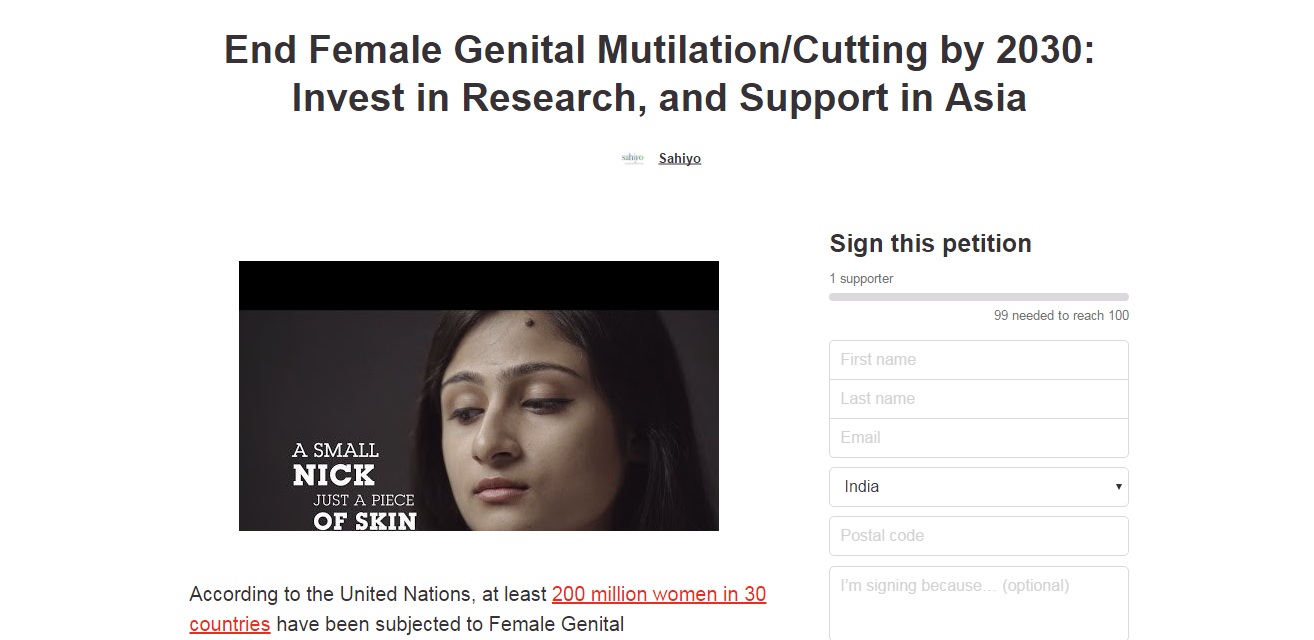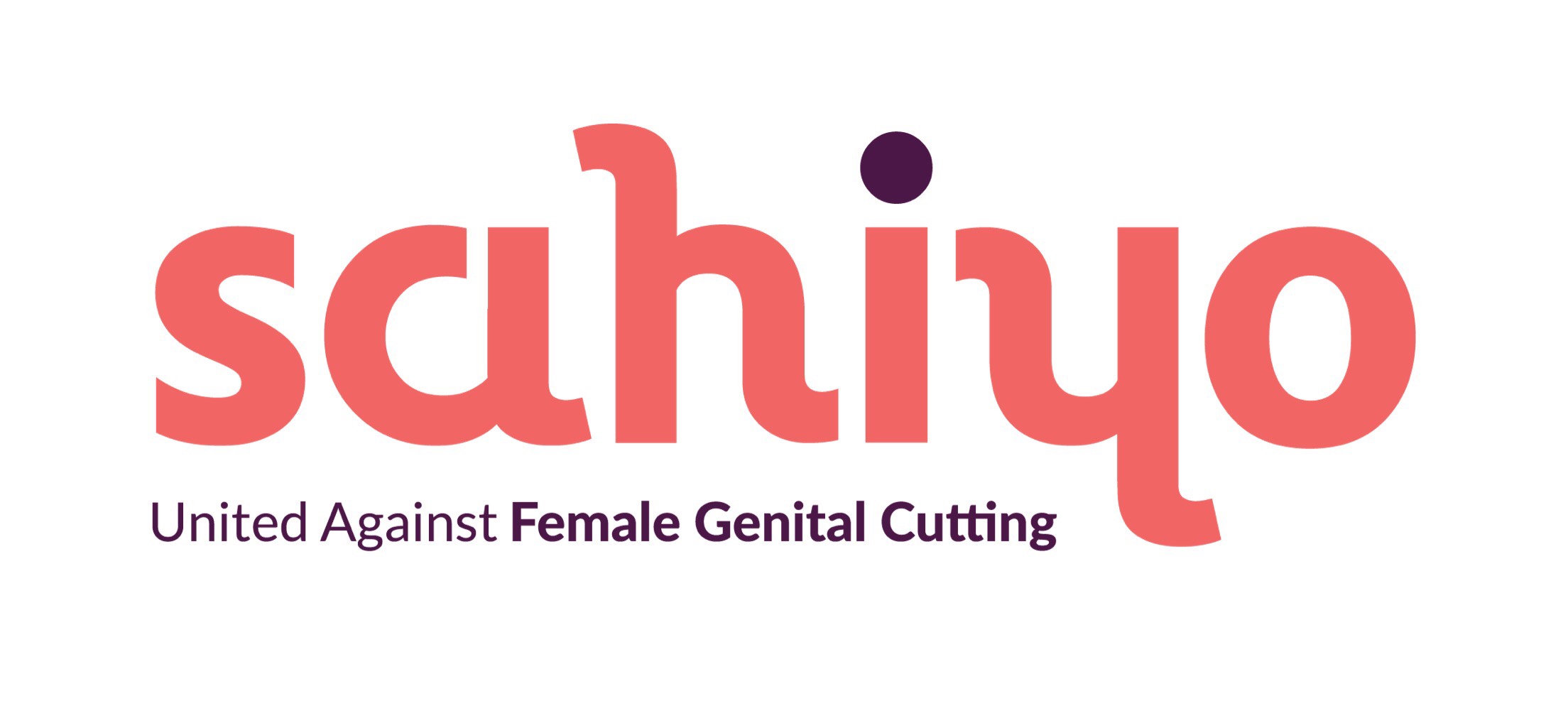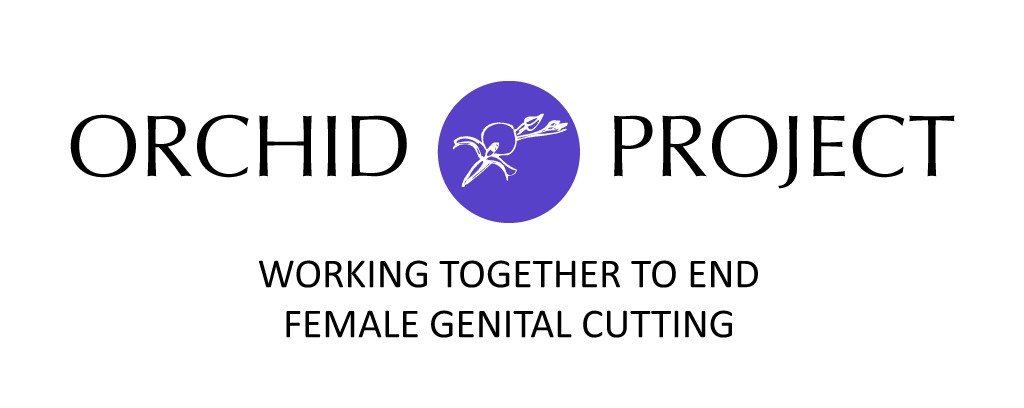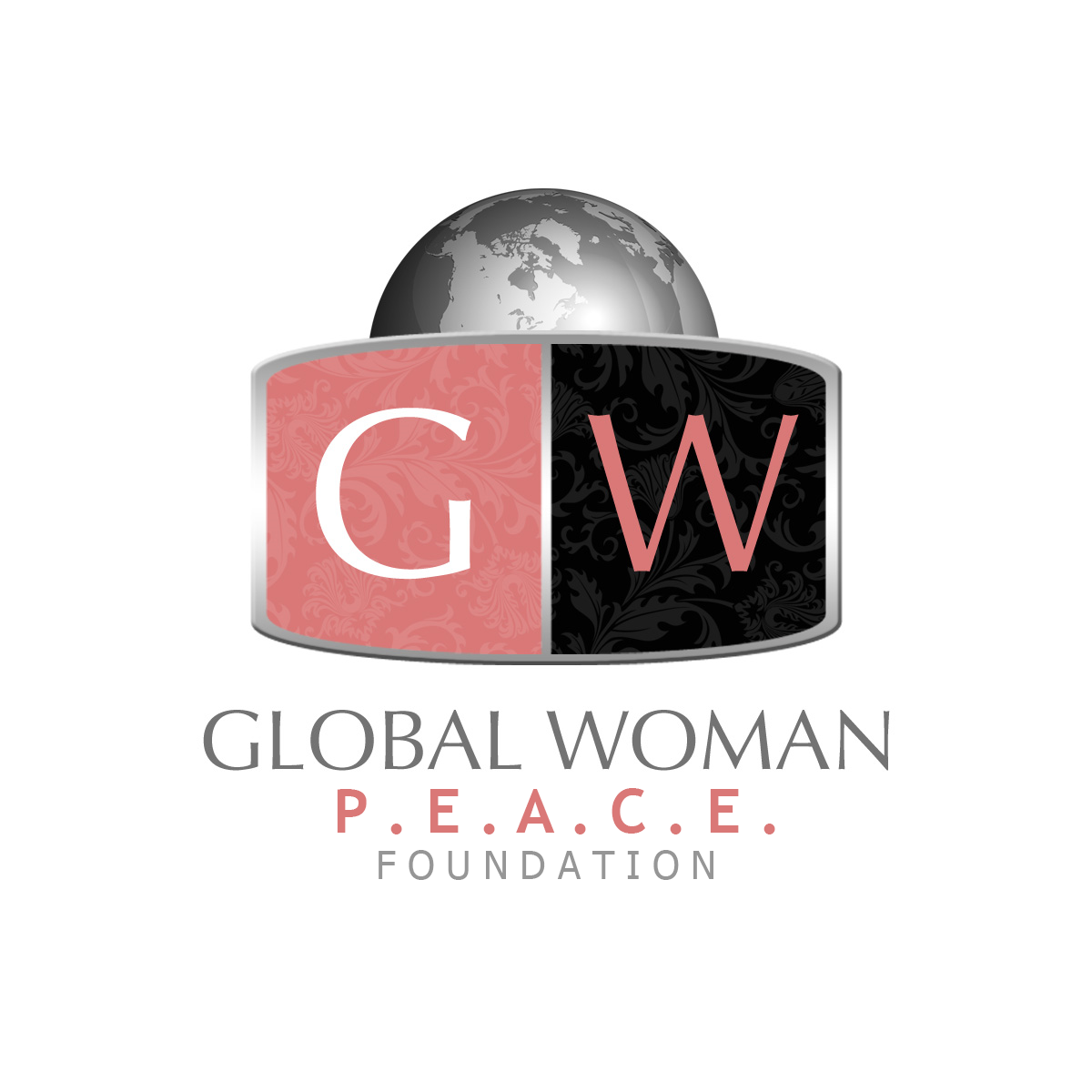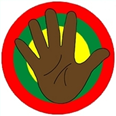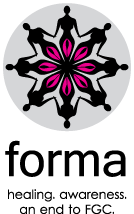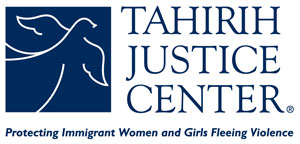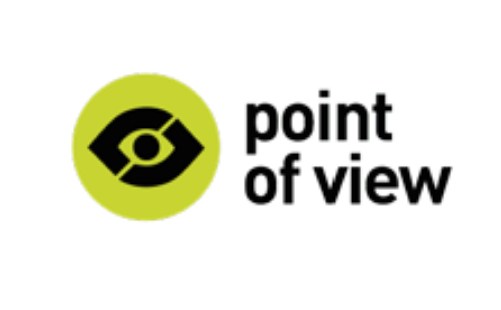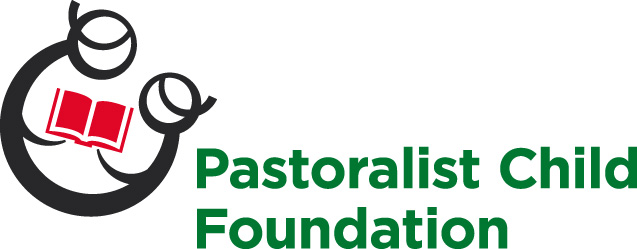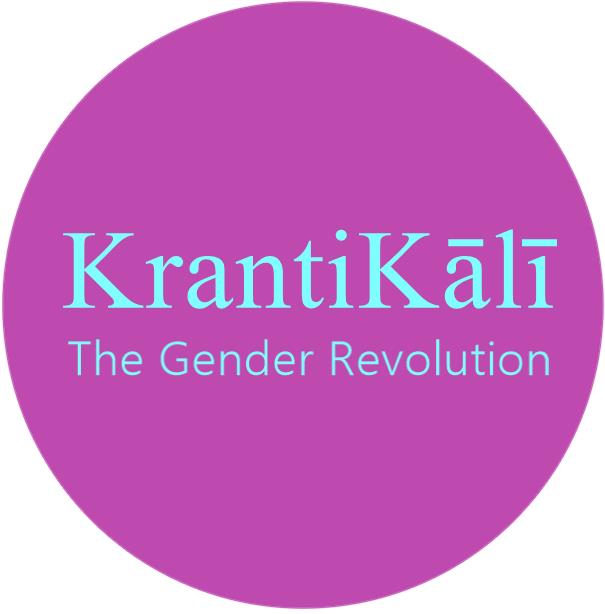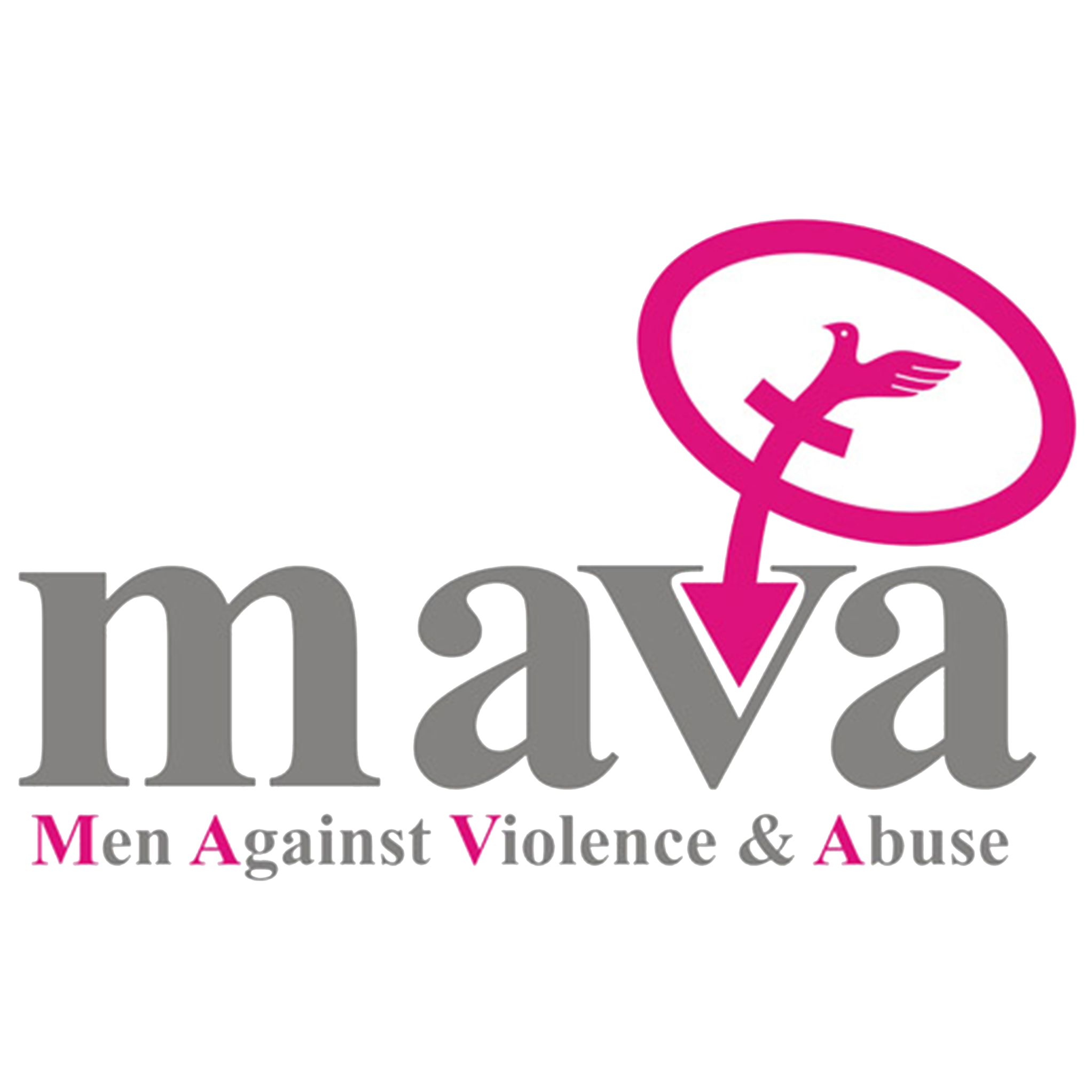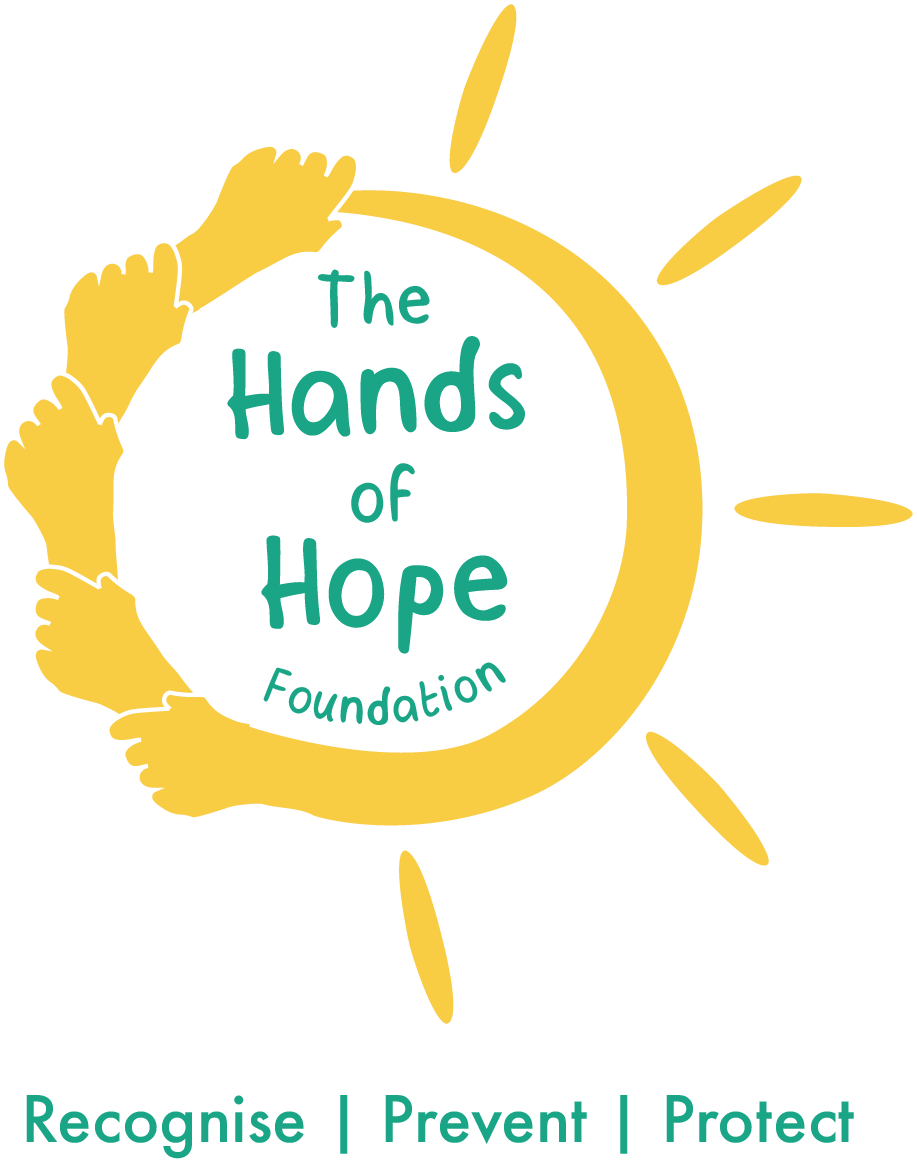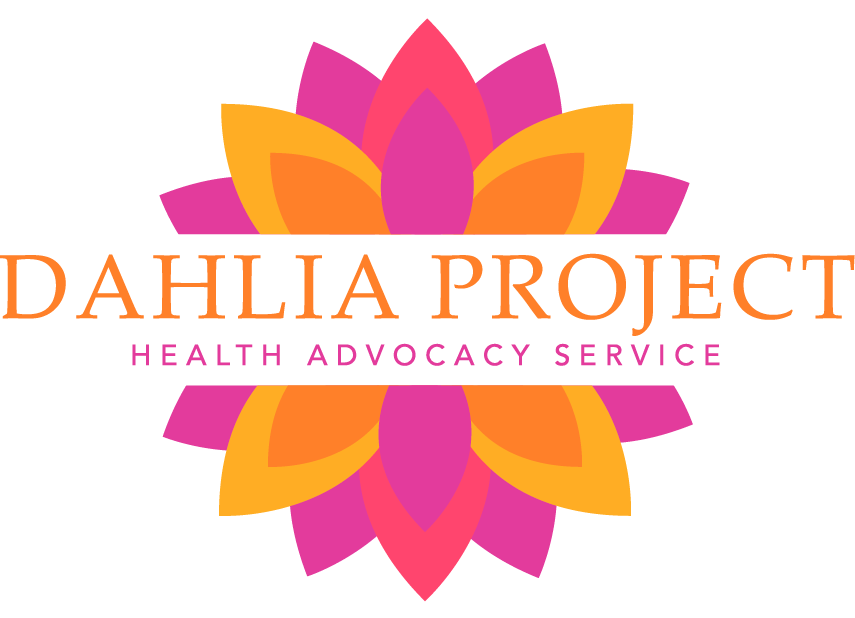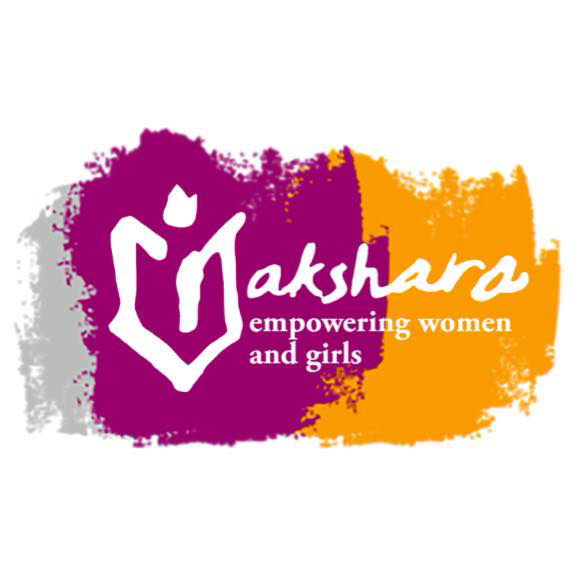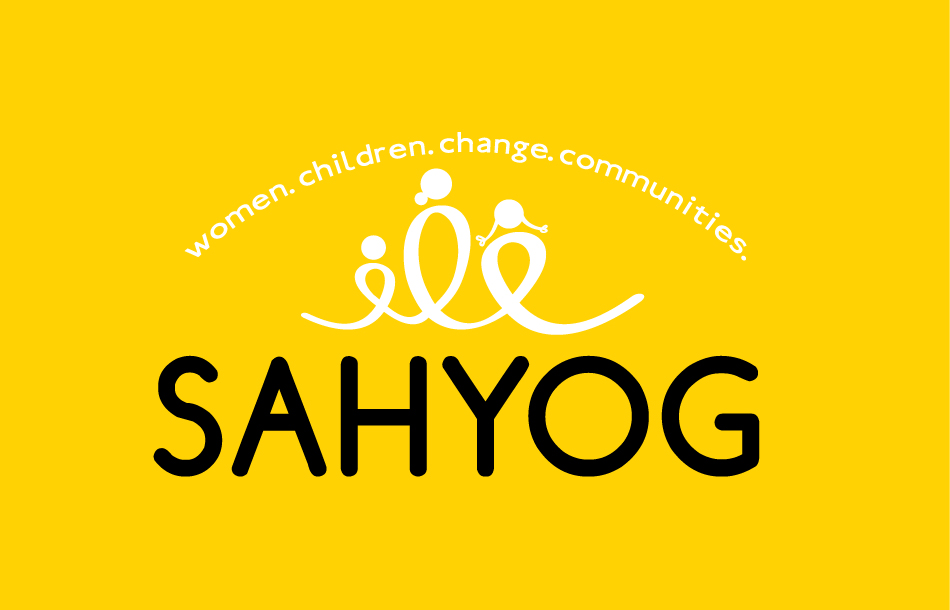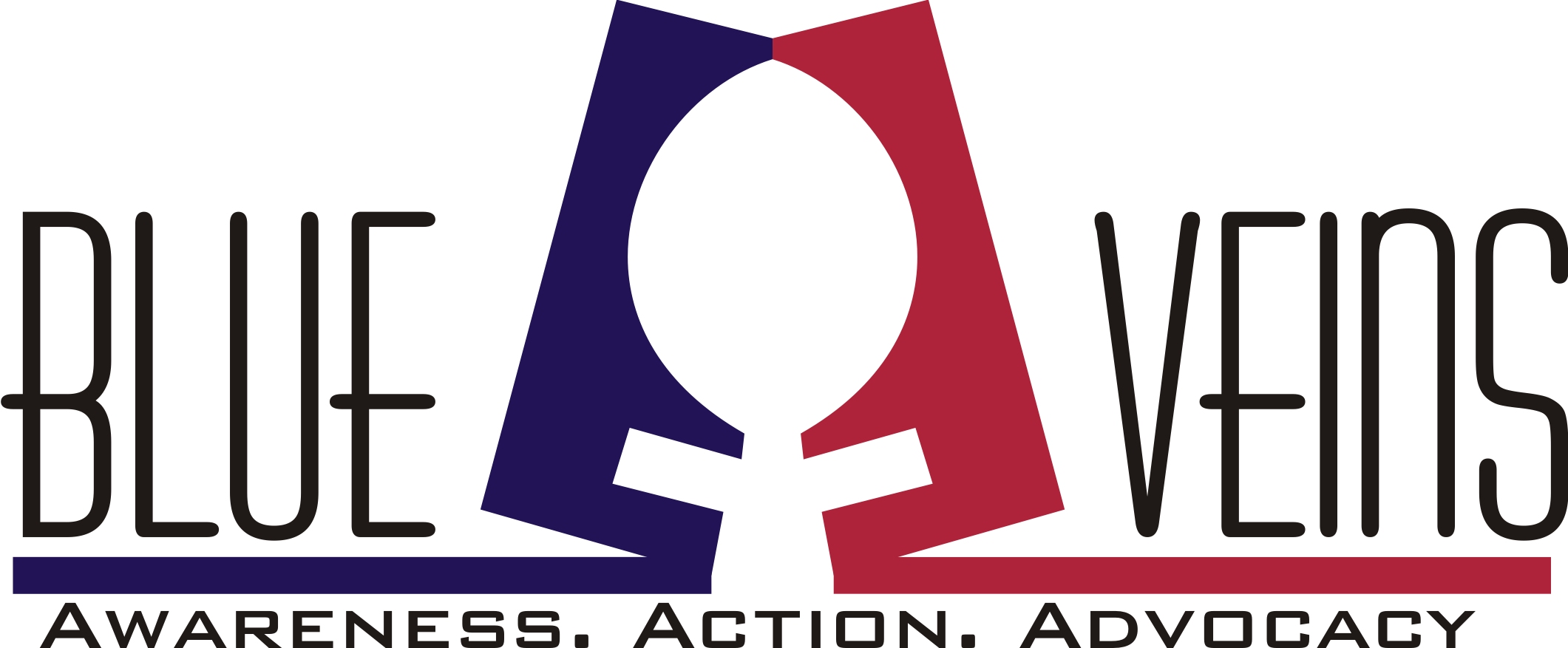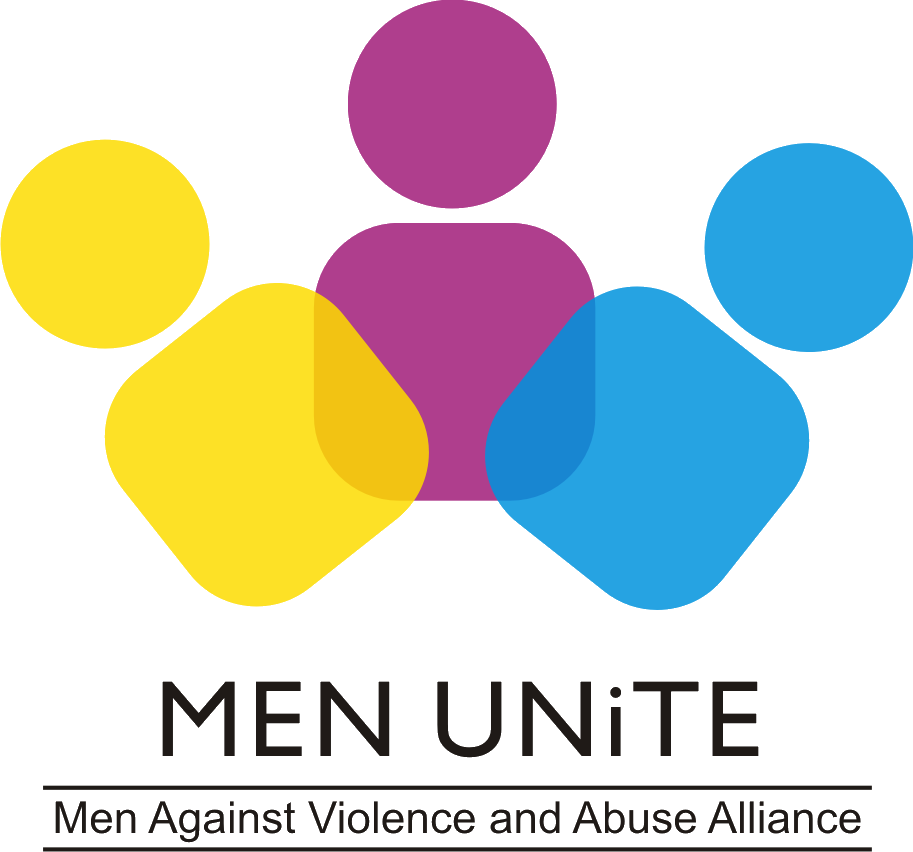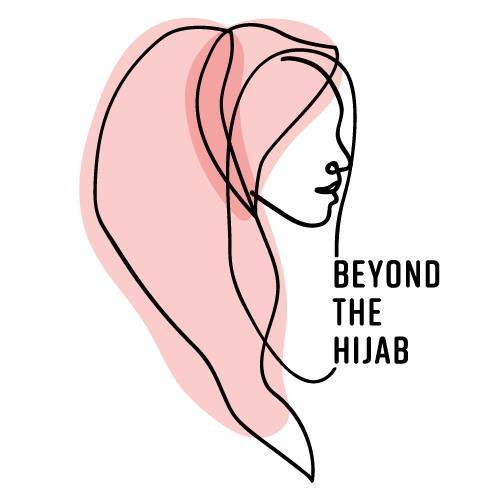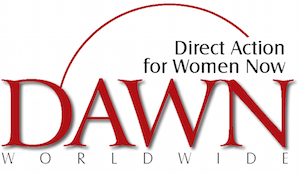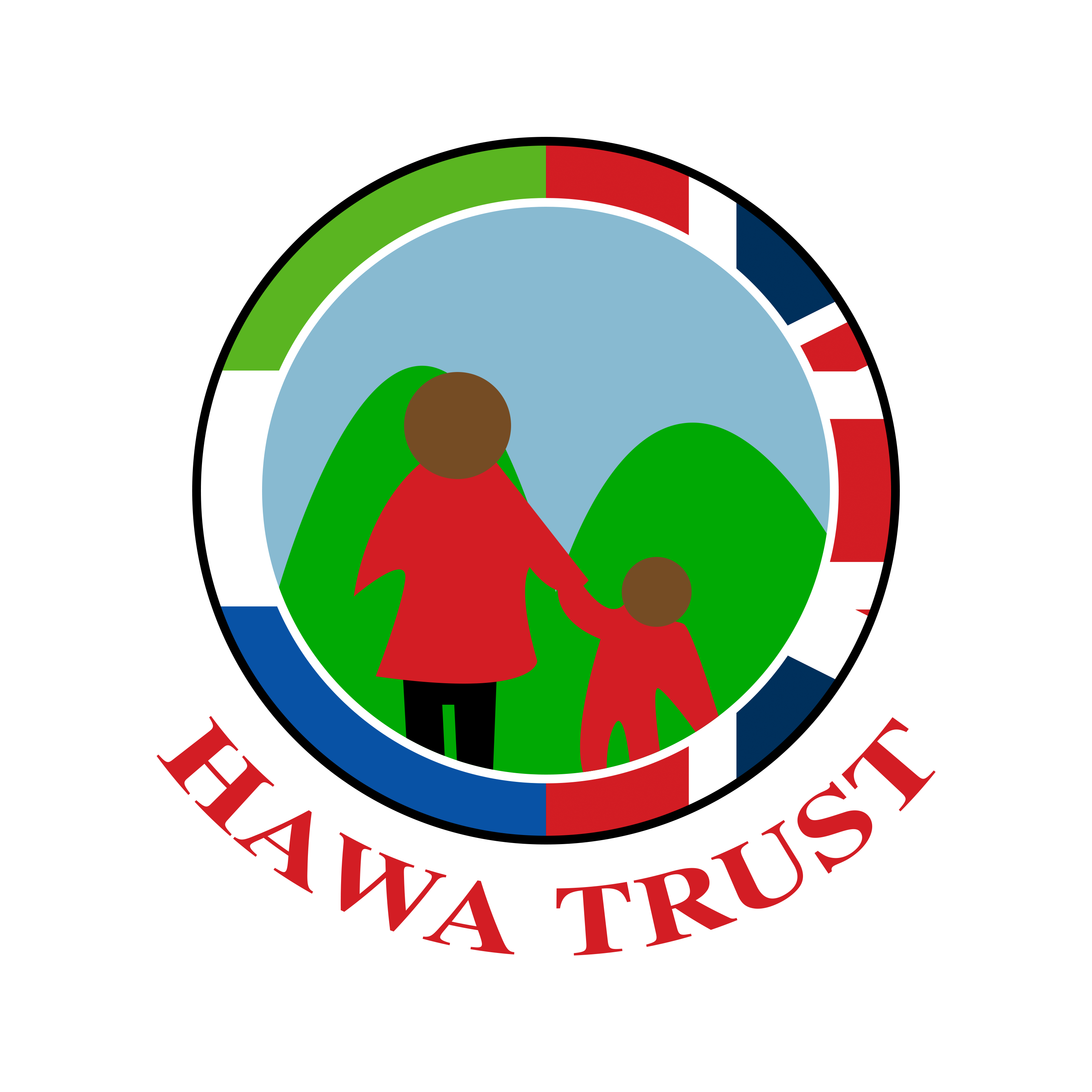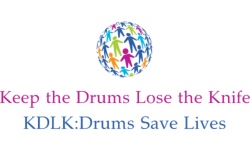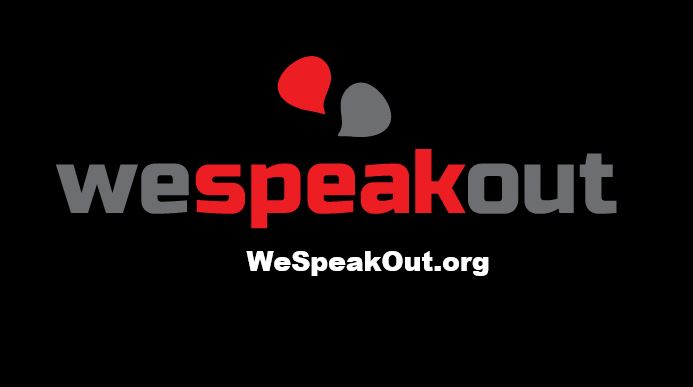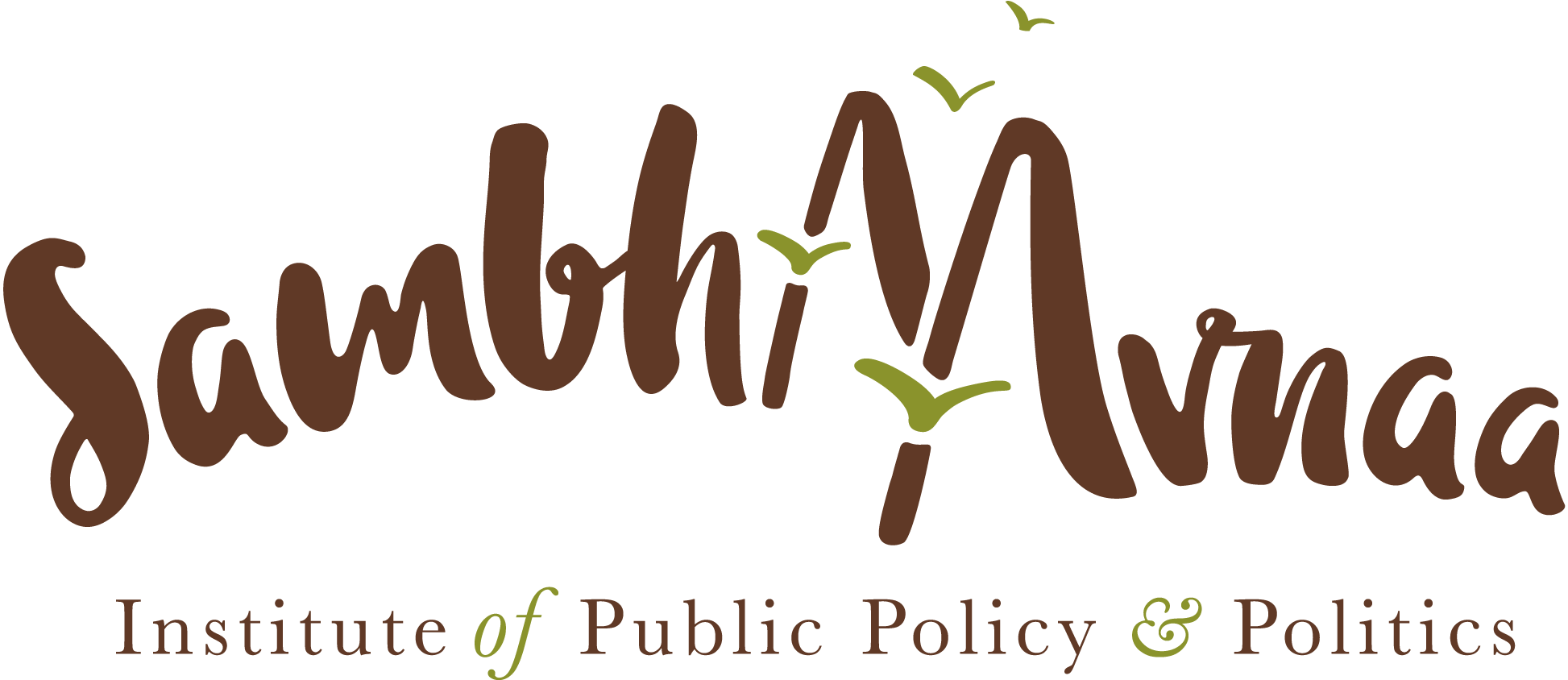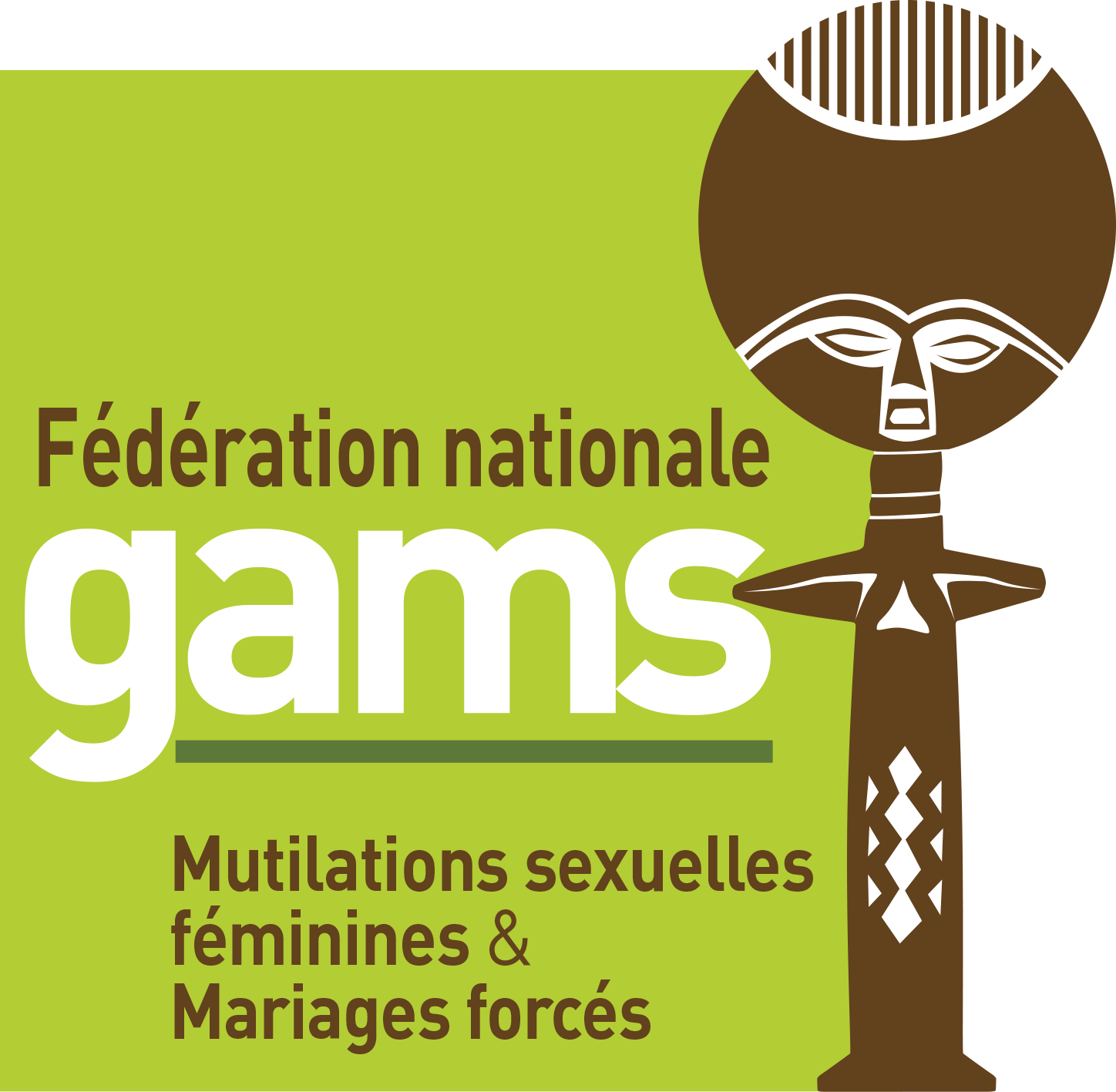(TO READ AND SIGN THE PETITION, CLICK HERE)
According to the United Nations, at least 200 million women in 30 countries have been subjected to Female Genital Mutilation/Cutting (FGM/C). However, these statistics are largely restricted to sub-Saharan Africa and ignore the global scope of the issue. Indonesia, where half the girls under age 11 have undergone FGC, was included in the U.N’s list of 30 countries as recently as 2016. This official data still leaves out a large number of women from other countries – particularly in Asia – where FGC has been reported.
FGM/C is known to occur in India, Pakistan, Philippines, Sri Lanka, Singapore, Malaysia, Thailand, Maldives, Brunei, Russia (Dagestan), Bangladesh, and Iran. Yet, Asian countries fall outside the scope of the UNFPA-UNICEF Joint Programme to Accelerate the Abandonment of FGM/C. As a result, almost no resources have been invested to collect data and provide support services to women and girls who are affected by this violation of their human rights in these countries.
For the first time ever, the United Nations has prioritized the elimination of FGM/C under the goal of achieving gender equality as part of its Sustainable Development Goals (SDG) – a 15-year plan to help guide global development and funding in the “areas of critical importance for humanity and the planet”.
But how can this particular SDG be met by 2030, if no resources are devoted to understanding the nature and prevalence of FGC amongst Asian communities – both in Asia and amongst diaspora populations migrating from these countries all over the world? How can we advance gender equality if we are not inclusive of every country where FGC is reported, even if it is only anecdotally?
Currently, no national or representative data exists in these countries, meaning that potentially millions of girls and women are being left out of the statistic. Millions of little girls are being forgotten. This oversight has, unfortunately, has also led to a lingering misconception that FGC takes place only in Africa and certain parts of the Middle East.
Yet, in 2015, when Sahiyo pursued a small scale online study to understand the extent of FGC amongst the Dawoodi Bohras, we found that FGC was practiced amongst 80% of the community’s women.
FGC in Asian communities has largely been ignored by the international agencies primarily because there is minimal research and evidence to show the extent of the practice. Without this vital data collection, it is difficult to pass legislation and policies to end FGC, to design outreach and education programmes and also to train social workers, health professionals and child welfare personnel on how to recognize, respond to and intervene sensitively in cases of FGC.
This is why Sahiyo and 33 other civil society organisations from across the world are now petitioning the U.N. to take the issue of FGM/C in Asia more seriously.
This Change.org petition calls upon the global community, particularly the United Nations, international foundations and donor countries/agencies, to put in more funding, support, and resources towards research, data collection, advocacy and survivor-centred support facilities in the above-mentioned Asian countries.
As we begin 2017, we believe it would be wonderful if the international community can take this up as a New Year’s resolution in our collective journey towards ending FGC.
TO READ AND SIGN THE PETITION, CLICK HERE.
The coalition of organizations that have co-signed the petition are:

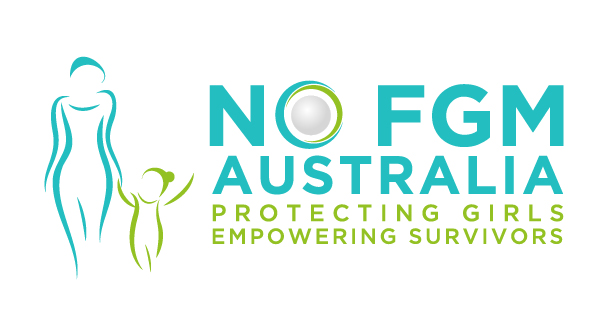


- Sahiyo
- Love Matters India
- Orchid Project
- Equality Now
- Global Woman P.E.A.C.E. Foundation
- Healthy Tomorrow
- RAHMA
- FORMA
- Tahirih Justice Center
- Coptic Orthodox Diocese of the Southern United States
- Point of View
- Pastoralist Child Foundation
- Krantikali
- Men Against Violence and Abuse (MAVA)
- The Hands of Hope Foundation
- Dahlia Project
- Akshara
- No FGM Australia
- Chehak Trust (Sahyog)
- The Council for Democracy and Tolerance
- Saheli
- Bharatiya Muslim Mahila Andolan
- Blue Veins
- Men UNiTE (Men Against Violence And Abuse Alliance)
- Beyond the Hijab
- Dawn Worldwide
- Hawa Trust
- Keep the Drums, Lose the Knife
- We Speak Out
- Sambhaavnaa
- Sanctuary for Families
- Jane Doe Inc., The Massachusetts Coalition Against Sexual Assault and Domestic Violence
- National Federation GAMS
- Women Thrive Alliance

